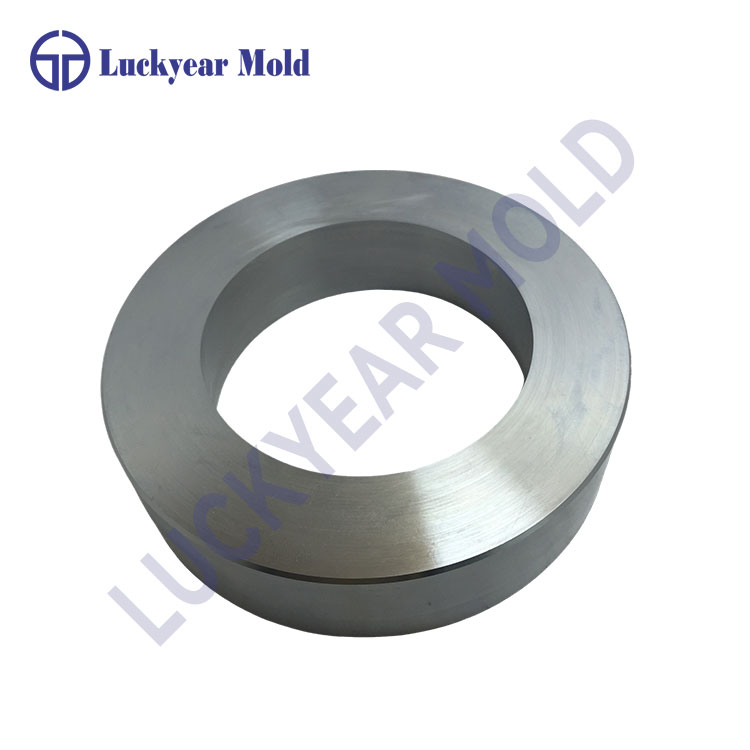Exploring the Common Materials for Press Die Mold Components
2024-05-31
In the metalworking industry, press die molds are indispensable tools for shaping and forming metal parts. The choice of material for these molds is crucial, as it determines their durability, precision, and overall performance. Let's explore some of the common materials used for making press die mold components.
Steel
Steel is a widely used material for press die mold components due to its excellent strength, durability, and wear resistance. High-carbon steel, alloy steel, and tool steel are some of the most common types used. High-carbon steel offers good hardness and wear resistance, while alloy steel and tool steel provide even higher strength and durability.
Tungsten Carbide
Tungsten carbide is a hard, wear-resistant material that is often used for press die mold components that require high precision and durability. It is particularly suitable for applications involving high-pressure stamping or forming operations, as it can maintain its shape and accuracy over extended periods of use.
Aluminum
Aluminum is a lightweight material that is sometimes used for press die mold components, especially when weight reduction is a priority. Although it doesn't offer the same level of strength and wear resistance as steel or tungsten carbide, aluminum is easier to machine and can be used for molds that don't require extreme precision or durability.
Beryllium Copper
Beryllium copper is a unique alloy that offers a combination of strength, ductility, and electrical conductivity. It is often used for press die mold components that require both precision and electrical conductivity, such as in the manufacturing of electronic components.
Stainless Steel
Stainless steel is a corrosion-resistant material that is suitable for press die mold components in environments where rust and corrosion are a concern. It offers good strength and wear resistance while also maintaining its integrity in harsh conditions.
Selection Considerations
When selecting a material for press die mold components, it's important to consider the specific requirements of the application. Factors such as the type of metal being stamped, the desired precision and accuracy, the expected lifespan of the mold, and the operating environment should all be taken into account.
Conclusion
The choice of material for press die mold components is crucial for ensuring the durability, precision, and performance of the mold. Steel, tungsten carbide, aluminum, beryllium copper, and stainless steel are some of the common materials used, each with its own unique properties and advantages. By selecting the appropriate material based on the specific requirements of the application, manufacturers can ensure that their press die molds are optimized for their specific needs.



